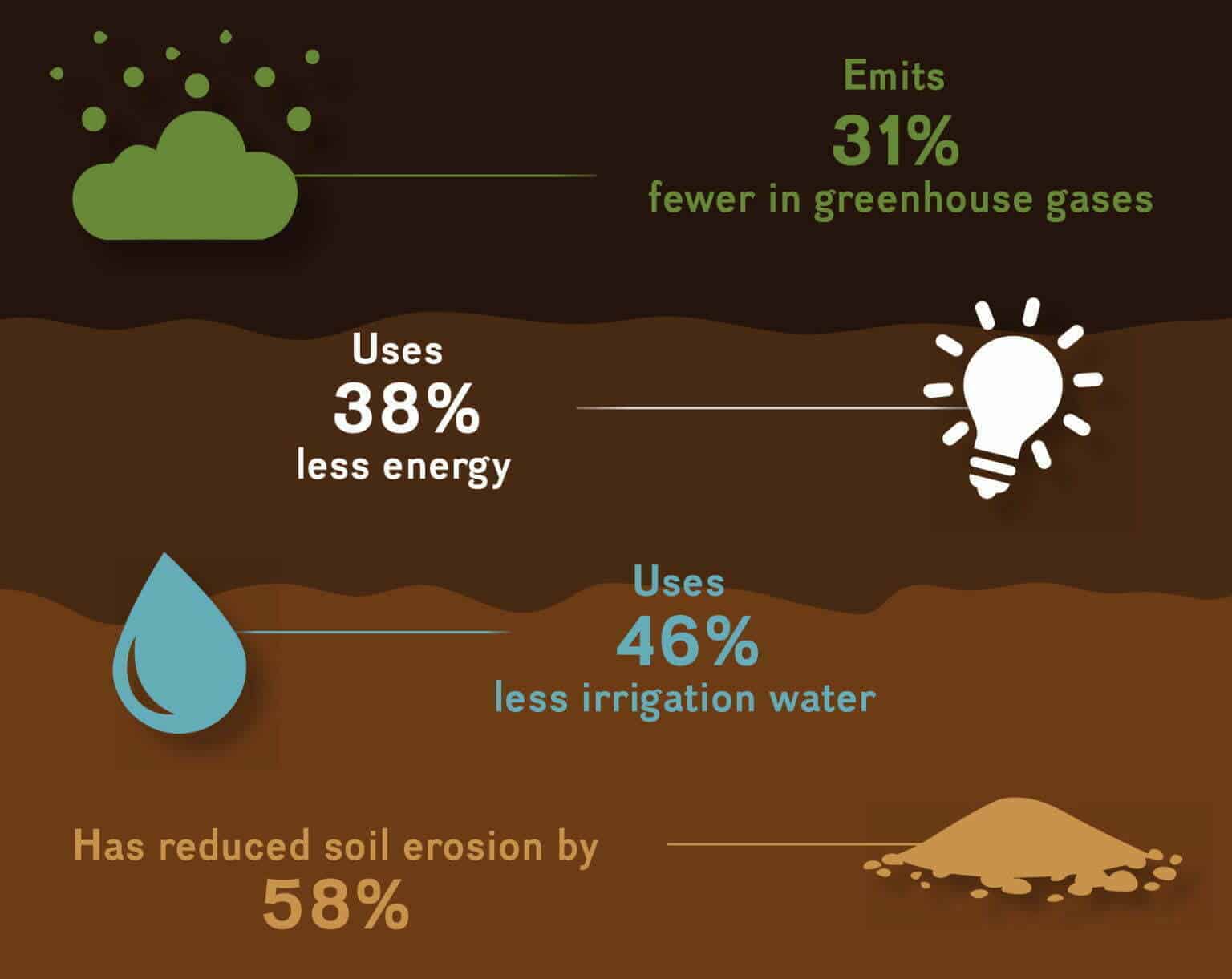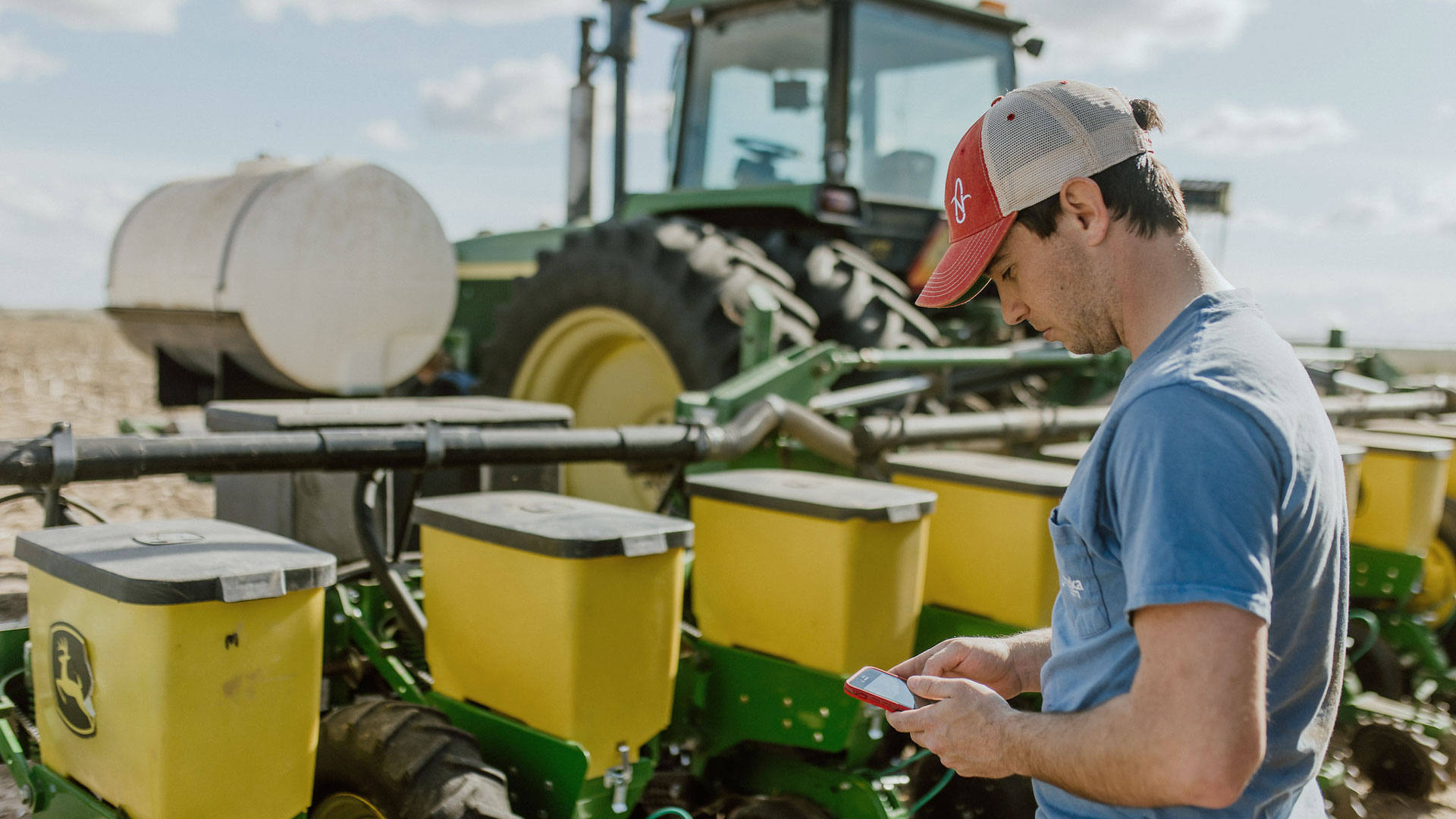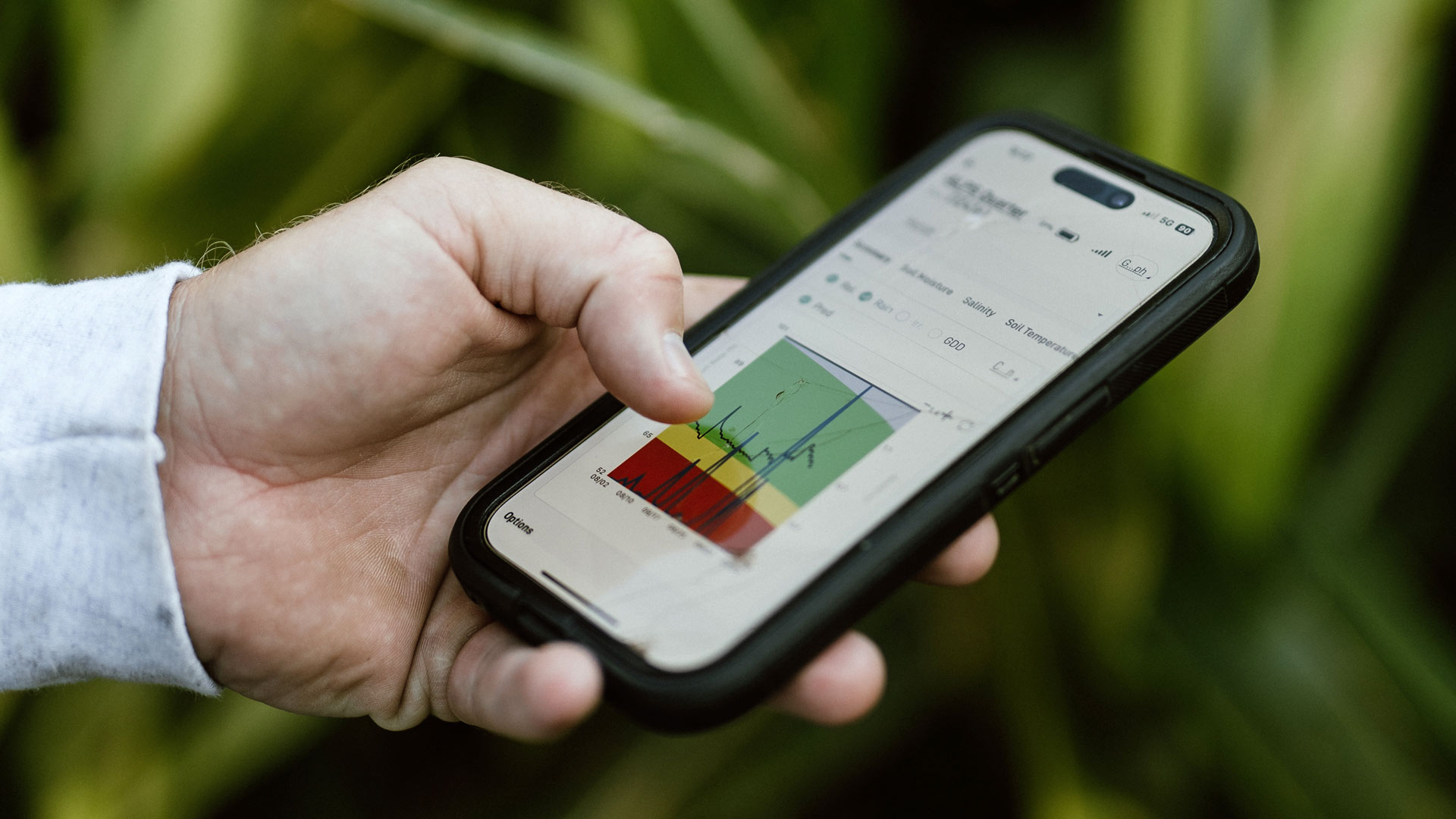Agriculture’s environmental footprint affects all of us, but it’s an especially high priority for the men and women who live and work within the agricultural supply chain.
In 2006, a diverse group including farmers, researchers, restaurant owners, food and beverage corporations, academia, ag retailers and conservationists united to form an alliance called Field to Market. The first Field to Market meeting had a simple purpose: to facilitate a conversation about sustainability. Today, Field to Market is a nonprofit organization focused on achieving and benchmarking sustainability in the ag industry.
One way the Field to Market initiative has furthered this mission is by taking a science-based approach to evaluating commodity crops, such as corn and soybeans. Field to Market uses environmental indicators to reflect each different crop’s performance in terms of soil conservation, greenhouse gas emissions and more.
And the results are promising.
Since 1980, corn production:

For more information about the Field to Market Alliance for Sustainable Agriculture, check out fieldtomarket.org
Related Posts
A Field of Opportunity: U.S. Carbon Markets Explained
Agricultural carbon markets are a way for corn farmers to combat climate change while potentially unlocking new revenue streams. These markets allow farmers to earn carbon credits using climate-friendly sustainable farming methods—such as no-till [...]




